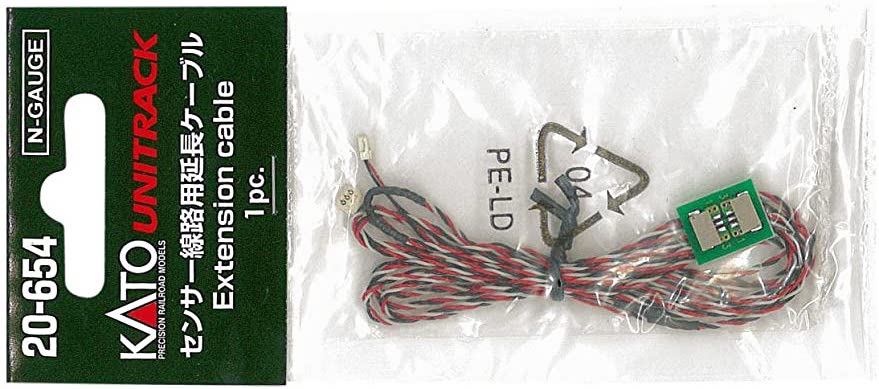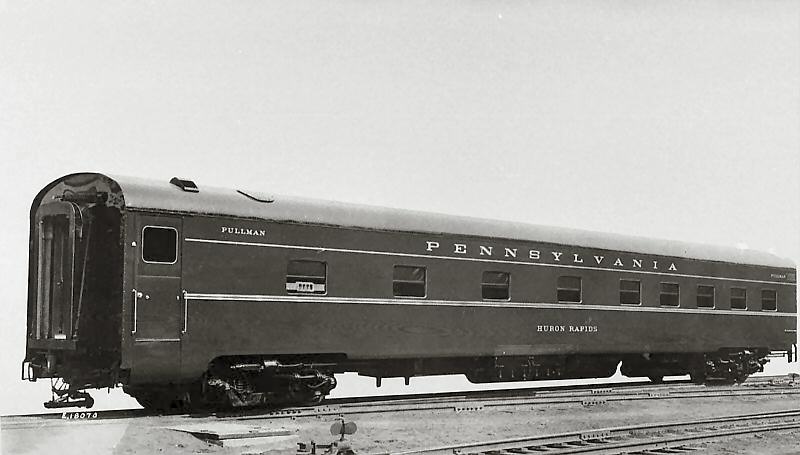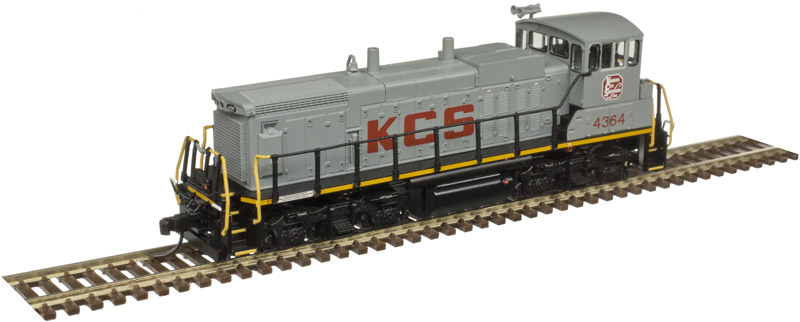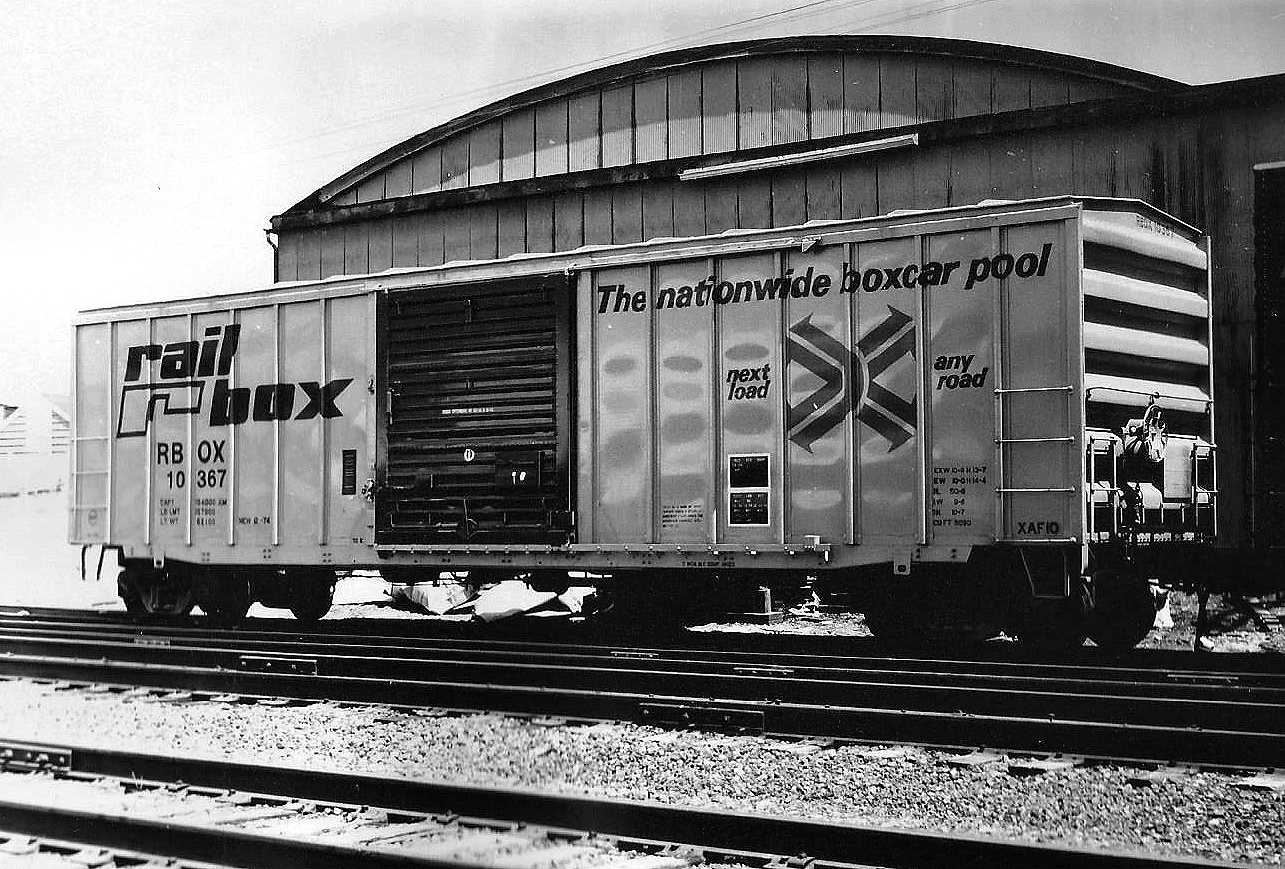Model Information: This MDC Roundhouse body style models a 50 Foot FMC Boxcar with a combo door, rib sides and no roofwalk. This body style was acquired by Athearn from MDC Roundhouse in June of 2004.
Prototype History: In the 1970's with the growth of the Per Diem business model, FMC produced a series of 50 foot box cars in different configurations. The single-sliding-door configuration is one of the best known and used widely by many different railroads. These cars were produced using the Gunderson metal works which FMC had acquired in 1965. In late 1975, FMC began producing a 5,077-cubic-foot Plate B box car for IPD and Railbox service. FMC's 5077s have seven panels to either side of the 10-foot door, an X-panel roof, and non-terminating ends that are slightly different from those used on FMC's earlier cars. Note how the sidesill is notched all the way back to the bolsters, a key feature of FMC's mature design.
The main difference between the 5077 cu. ft cars built by FMC vs the 5277-5347 cu. ft cars built by the same manufacturers is the overall height of the car, the smaller 5077 cars were Plate B while the larger 5277-5347 cars were Plate C. Over 4,300 cars were produced from 1975-1979 by FMC's Portland, Oregon plant. The cars were delivered in numerous colorful shortline paint schemes, as well as the nationwide car pool fleet of Railbox. Many secondhand cars were later seen in Class 1 railroads and large leasing company fleets under additional shortline reporting marks.
The main difference between the 5077 cu. ft cars built by FMC vs the 5277-5347 cu. ft cars built by the same manufacturers is the overall height of the car, the smaller 5077 cars were Plate B while the larger 5277-5347 cars were Plate C. Over 4,300 cars were produced from 1975-1979 by FMC's Portland, Oregon plant. The cars were delivered in numerous colorful shortline paint schemes, as well as the nationwide car pool fleet of Railbox. Many secondhand cars were later seen in Class 1 railroads and large leasing company fleets under additional shortline reporting marks.
Road Name History: 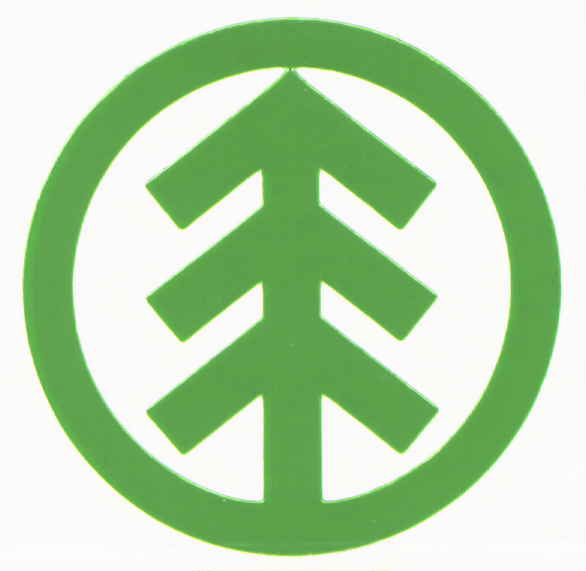 Minnesota Dakota and Western Railway (reporting mark MDW) is a shortline railroad operating 4 miles of track between International Falls and Ranier, Minnesota as well as between International Falls and Fort Frances, Ontario via the Fort Frances' International Falls International Bridge, which is jointly owned by MDW and Abitibi Consolidated. The railroad serves the paper mills in both International Falls and Fort Frances. The railroad interchanges with Canadian National Railway at Ranier.
Minnesota Dakota and Western Railway (reporting mark MDW) is a shortline railroad operating 4 miles of track between International Falls and Ranier, Minnesota as well as between International Falls and Fort Frances, Ontario via the Fort Frances' International Falls International Bridge, which is jointly owned by MDW and Abitibi Consolidated. The railroad serves the paper mills in both International Falls and Fort Frances. The railroad interchanges with Canadian National Railway at Ranier.
In 2005 the railroad handled 11,841 carloads of wood pulp, pulpwood, chemicals, raw materials and finished paper. The railroad has a fleet of more than 3100 railcars.
Originally a subsidiary of Boise Cascade designed to serve its paper mills, the MDW was created in 1910; the company had been incorporated in 1902 as the International Bridge and Terminal Company (reporting mark IBT). The Canadian company, however, retains that name.
In August 2006, Boise Cascade announced that MDW would be sold to the Watco Companies, a company specialising in shortlines; however, the sale was never closed.
In February 2008, Boise Cascade spun off its paper, packaging, newsprint and transportation operations, including MDW, to a new company, Boise Inc.

In 2005 the railroad handled 11,841 carloads of wood pulp, pulpwood, chemicals, raw materials and finished paper. The railroad has a fleet of more than 3100 railcars.
Originally a subsidiary of Boise Cascade designed to serve its paper mills, the MDW was created in 1910; the company had been incorporated in 1902 as the International Bridge and Terminal Company (reporting mark IBT). The Canadian company, however, retains that name.
In August 2006, Boise Cascade announced that MDW would be sold to the Watco Companies, a company specialising in shortlines; however, the sale was never closed.
In February 2008, Boise Cascade spun off its paper, packaging, newsprint and transportation operations, including MDW, to a new company, Boise Inc.
Brand/Importer Information:  MDC Roundhouse was founded in California in 1938 and relocated in 1993 to Carson City, Nevada due to statewide restrictions on painting. MDC Roundhouse was a producer of both RTR (Ready-to-Run) and kit versions of N Scale rolling stock as well as RTR locomotives. They entered the N scale market in 1979 with a Thrall Hi-Side Gondola and a Hi-Cube Single Door Box Car. MDC Roundhouse was purchased by Horizon Hobbies in June of 2004, when its owner since 1938 C. H. Menteer retired, and merged into their Athearn line.
MDC Roundhouse was founded in California in 1938 and relocated in 1993 to Carson City, Nevada due to statewide restrictions on painting. MDC Roundhouse was a producer of both RTR (Ready-to-Run) and kit versions of N Scale rolling stock as well as RTR locomotives. They entered the N scale market in 1979 with a Thrall Hi-Side Gondola and a Hi-Cube Single Door Box Car. MDC Roundhouse was purchased by Horizon Hobbies in June of 2004, when its owner since 1938 C. H. Menteer retired, and merged into their Athearn line.
Unlike many of their contemporaries which contracted with European firms to produce their products, MDC made their own toolings. They made several popular body styles and produced them for road names that many other vendors (even Micro-Trains) wouldn't touch. This made them popular with modelers. Also, their un-assembled "kits" permitted a lower price point so they were popular with "runners" as well as "modelers".
Of particular interest was the attention given to modern 50 foot steel boxcars. They made some attempt to accurately mold the differences into distinct models to represent each of the major prototype manufacturers products. They have distinct toolings not only for the different products from FMC, BFF and PS, but also multiple models for each of these manufacturers including "standard" vs "Youngstown" doors and "waffle" vs. "rib" sides. In total they produced 13 different versions of the 50 foot steel boxcar.

Unlike many of their contemporaries which contracted with European firms to produce their products, MDC made their own toolings. They made several popular body styles and produced them for road names that many other vendors (even Micro-Trains) wouldn't touch. This made them popular with modelers. Also, their un-assembled "kits" permitted a lower price point so they were popular with "runners" as well as "modelers".
Of particular interest was the attention given to modern 50 foot steel boxcars. They made some attempt to accurately mold the differences into distinct models to represent each of the major prototype manufacturers products. They have distinct toolings not only for the different products from FMC, BFF and PS, but also multiple models for each of these manufacturers including "standard" vs "Youngstown" doors and "waffle" vs. "rib" sides. In total they produced 13 different versions of the 50 foot steel boxcar.
Item created by: gdm on 2016-12-13 14:25:47
Last edited by: CNW400 on 2020-06-12 11:41:16
If you see errors or missing data in this entry, please feel free to log in and edit it. Anyone with a Gmail account can log in instantly.
Last edited by: CNW400 on 2020-06-12 11:41:16
If you see errors or missing data in this entry, please feel free to log in and edit it. Anyone with a Gmail account can log in instantly.




